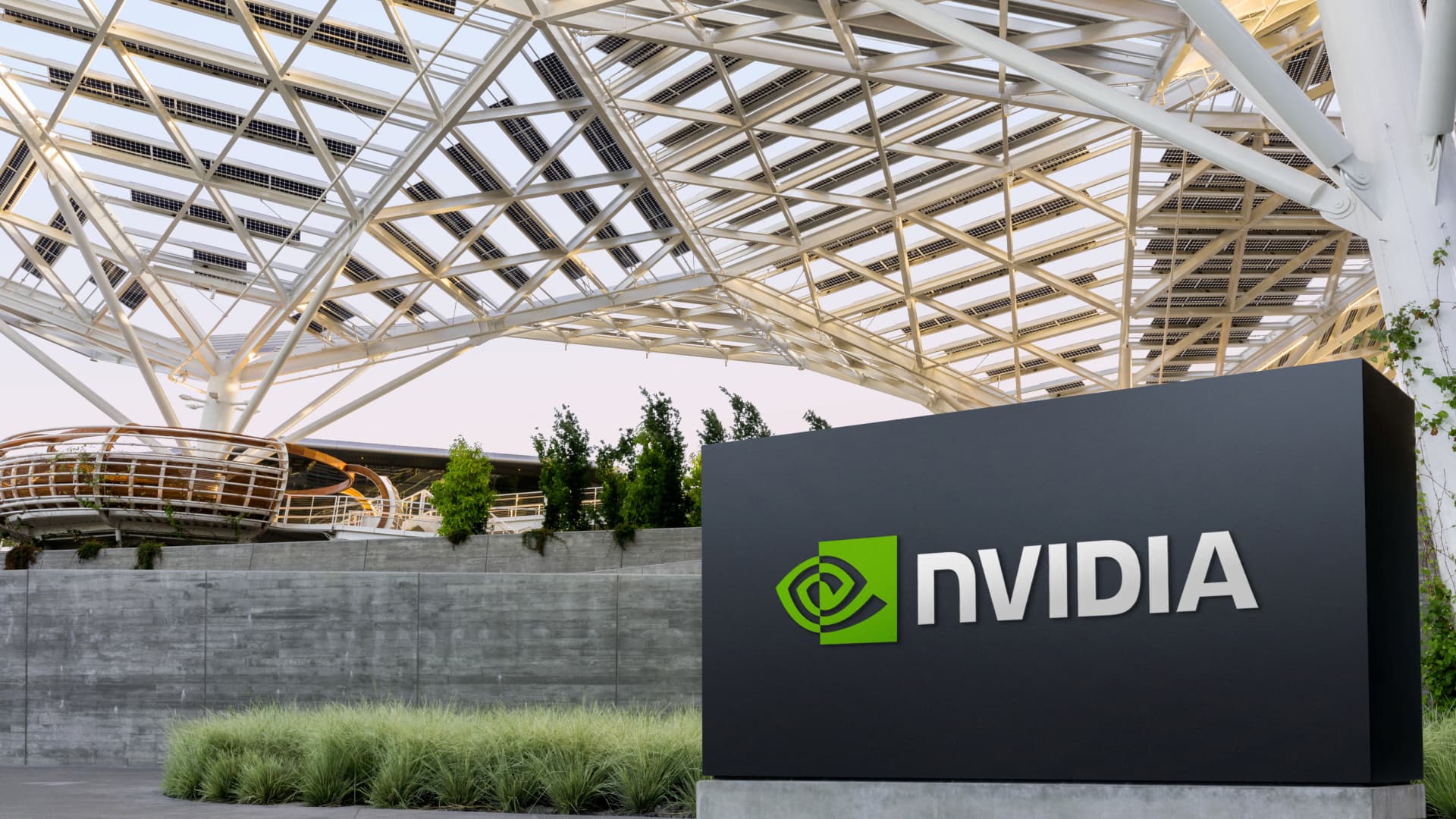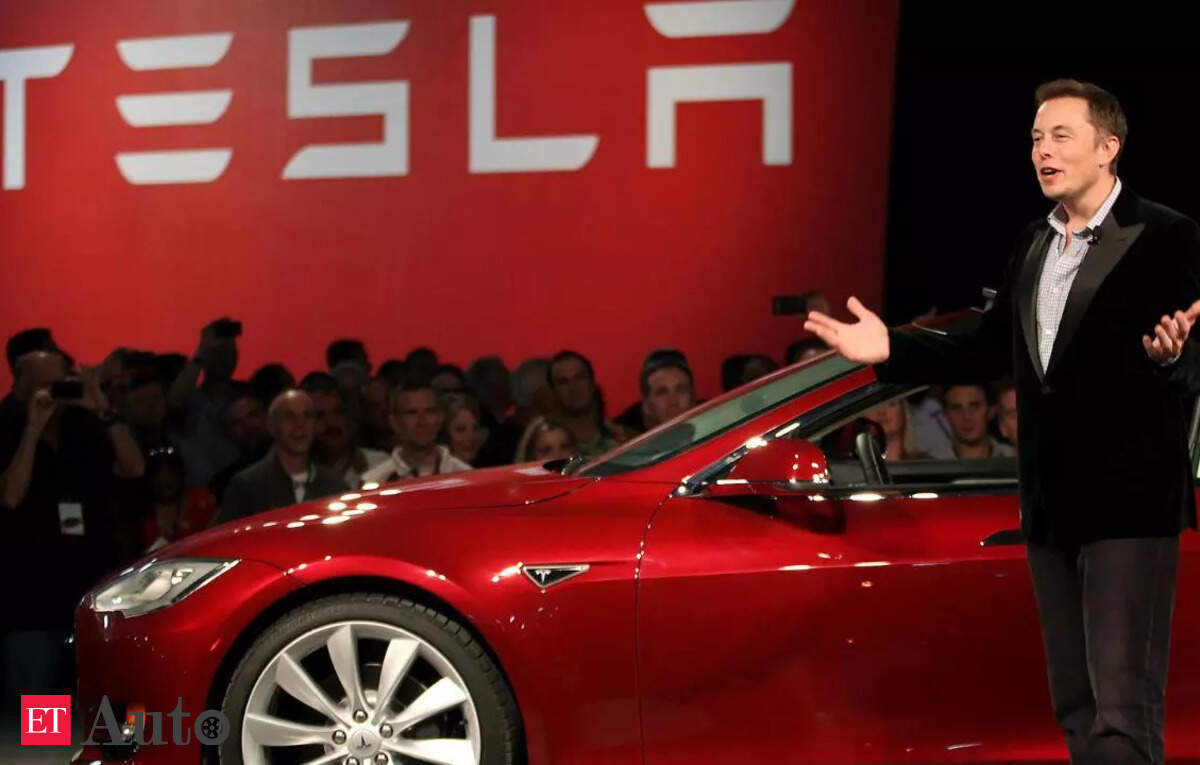Why One Analyst Thinks Tesla Could Dominate the 'Low-Altitude Economy'
"Look up, your ride has arrived," is a message some see as eventually landing in your inbox.
“In our view, the low altitude economy (LAE) may eventually vastly exceed the size of today's automotive market,” wrote Morgan Stanley analyst Adam Jonas in a research note earlier this week.
That term refers to aerial commercial activities conducted within one mile of the earth’s surface, airspace now sparsely occupied by helicopters and small drones. Analysts expect advancements in artificial intelligence and robotics to support the launch of new aircraft—notably, electric vertical take-off and landing (eVTOL) vehicles—with applications in areas like logistics/distribution, public security and emergency services, tourism, urban commuting, and intercity transportation.
Morgan Stanley forecasts the total addressable “Urban Air Mobility” (UAM) market will be valued at $1 trillion by 2040 and $9 trillion by 2050. Not everybody’s expectations are quite that high: Bank of America recently estimated a market worth $23 billion by 2035. BofA expects adoption to remain relatively slow until at least that year, when it anticipates economies of scale and battery technologies to improve eVTOL cost and accessibility.
Whatever the size of the pie, the companies vying for a slice of it include upstarts like Archer Aviation (ACHR), which is currently testing an eVTOL model and partnering with defense contractor Anduril to develop military applications, and Joby Aviation (JOBY), which is in the process of getting its air taxi certified for passenger rides.
Morgan Stanley’s Jonas thinks those companies could face formidable competition from Tesla (TSLA). The EV maker hasn’t announced any intention to develop eVTOLs, but CEO Elon Musk has discussed the need for a homegrown low-altitude economy in the U.S.
When Jonas, on Tesla’s most recent earnings call, asked Musk for his thoughts on the U.S. and China’s AI and robotics rivalry, Musk expressed concern about America’s limited drone manufacturing capabilities. “Any country that cannot manufacture its own drones is doomed to be the vassal state of any country that can,” he said, quoting X user "@naval." “And we can’t. America cannot currently manufacture its own drones.”
Tesla, Jonas says, “has a host of relevant skills to be a factor” in the commercial and military LAE, including its work in manufacturing, autonomy, electric motors and batteries, and robotics. Jonas estimates Tesla’s share of a future $9 trillion UAM market could add between $100 and $1,000 to its share price.
Tesla's work on autonomous vehicles could give it a leg up on LAE competitors. "Any advancement in the science of autonomous cars accelerates the advancement of autonomous aerial drones," Jonas wrote. Tesla is expected to launch its first robotaxi operation in Austin, Texas, later this month.












